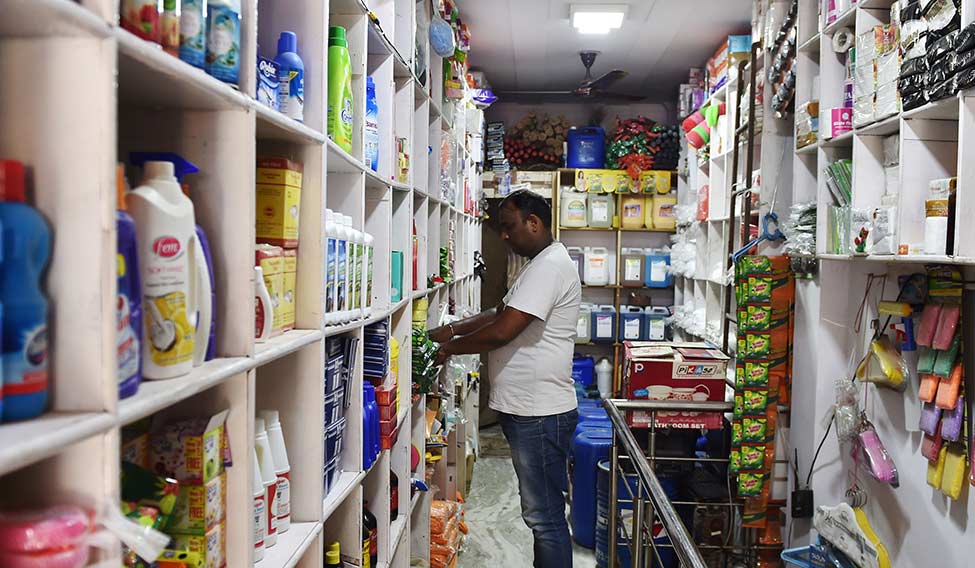Retailers are not very pleased with RBI's latest decision to cap merchant discount rate (MDR). MDR is the rate that a merchant pays to a bank for providing credit and debit card services.
MDR charges for small merchants with an annual turnover of up to Rs 20 lakh have been fixed at 0.40 per cent with a cap of Rs 200 per transaction by debit cards. In case the annual turnover of a merchant is over Rs 20 lakh, the MDR charges would be 0.90 percent with a cap of Rs 1,000 per transaction.
Reliance retail's grocery business CEO Damodar Mall took to Twitter on Friday to express his displeasure with the move.
"This move contradicts #DigitalIndia that we are all driving. I hope, @NITIAayog will notice the avoidable contradiction. We would like to be encouraged to drive digital payments, not punished!," he said.
Retailers were paying MDR at 0.25 per cent for transactions below Rs 1,000 and 0.50 per cent for those between Rs 1000 and Rs 2,000. With turnover now being the deciding factor, organised retailers and even many unorganised ones will have to shell out more. A lot of them have therefore threatened to resort to cash.
"Whether a lower or higher MDR, ultimately it is an extra financial burden on either the merchant or the consumer. Merely playing with MDR is a futile exercise and we want an MDR—free digital payment society else cash is the available resource for meeting the transactions," said Praveen Khandelwal, secretary general, Confederation of all India Traders, a union of unorganised retailers.
Some experts even felt that the increased cost may be passed on to consumers. "This will become pretext for charging more and asking for cash payments," said a senior executive at a payment firm.
RBI, when announcing the move, had said that it was aimed at increasing the stagnant debit card transactions and also to compensate acquirers so that they invest in infrastructure.
There was a feeling that acquiring banks were not showing enthusiasm in putting up infrastructure especially in tier 2 cities and hence cash had significantly come back.
Naveen Surya, chairman of the Payments Council of India, feels that RBI's move will indeed help smaller merchants, those below Rs 20 lakh turnover. However, the bigger issue that the RBI has left unaddressed is the distribution of revenue between various players in the payments space.
"Currently, it is skewed towards issuer bank wherein they corner lion's share-70 to 75 per cent of the fee. There is no incentive for other partners in the system to drive cashless payments. RBI should have ideally regulated this rather than deciding on MDR which is ideally best left for competition to decide," he said.






